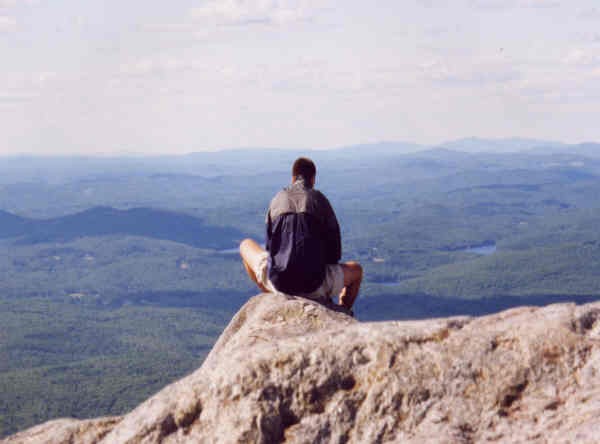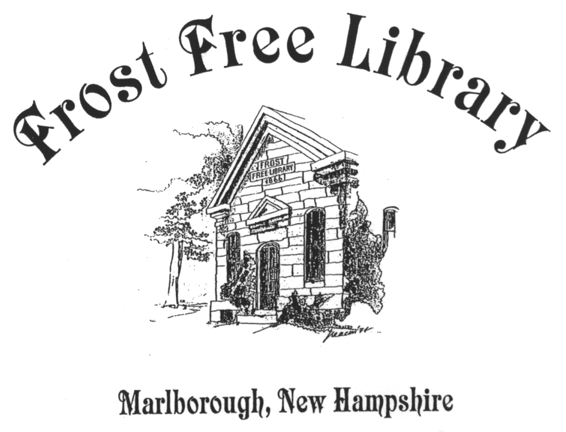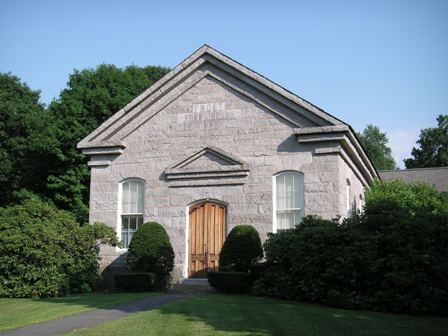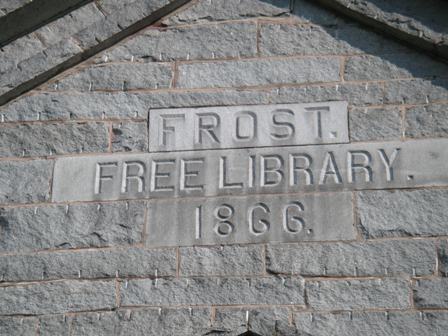
"People who like this sort of thing will find this the sort of thing they like." (Lincoln)
| |
| Goodies |
|
tips for doing research How does one go about researching some topic in political science? Obviously, the web is a tremendous new source, and it is the wise person who makes sure to explore what is available on-line. Wikipedia is one acceptable site, but must like all websites be tested for accuracy and completeness, and certainly cannot stand as the only source for research. Even more than Wikipedia, which can be publicly critiqued and edited for inaccuracies and bias, other websites have to be scrutinized carefully and checked against other sources. For POSC 4503, Public Policy Studies, Anderson (2001: 31-32) gives a number of websites on public policy, and there are many others. One place, to start, is Google scholar which indexes books, journal articles, and conference papers. In some cases, you can access the material directly from the scholar.google.com search results, but typically you only get a citation for a work you will have to track down at the library. (You can access many library resources online but, off-campus, you may be called upon to supply your campus e-mail address and student identification number, the last preceded by the number “7’.) For ASU-held bound and electronic books and other sorts of materials (but not journal articles) you can use the “Aqua Browser” from home page of the Dean B. Ellis Library. The Aqua Browser is initiated by entering a search term or terms in the “Ellis quick search” box. To understand how the Aqua Browser works, and how you can make it work for you, read the library guide on searching the Ellis catalog; look at the tabs for “basic search,” “discovery cloud,” etc. Books can be long and heavy. A more direct efficient way to go is to use journal articles. (Most academic books, and many other books, are built on previously published journal articles.) The phrase “journal article” is used, in academe, to refer to works in scholarly periodicals, like the American Political Science Review, Policy Sciences, or the Middle East Journal, as opposed to “magazines,” like Newsweek, Playboy, or Field & Stream. To intelligently search for scholarly articles, you will need to make use of databases, many of which are online at Ellis. Different article databases often index the same journals, and so you have to decide where to start. The Ellis library highlights several “popular databases” like “Article 1st” and WorldCat, but my trusty friend is JSTOR which is--duh, under J--on the “alphabetical list of databases.” In the end, you will probably want to try a number of different databases to build a strong bibliography, but I heartily recommend you start with JSTOR. Each one of the databases has its own features and you should explore them, especially as they relate to doing an “advanced” or refined search. Also at the database page is a link to LexisNexis Academic which can be used for general searching but is also the best way to get at newspaper stories which you will probably want to for day-to-day coverage of the policymaking process at critical junctures in the development of your case.
from Wikipedia, of course
|
|



